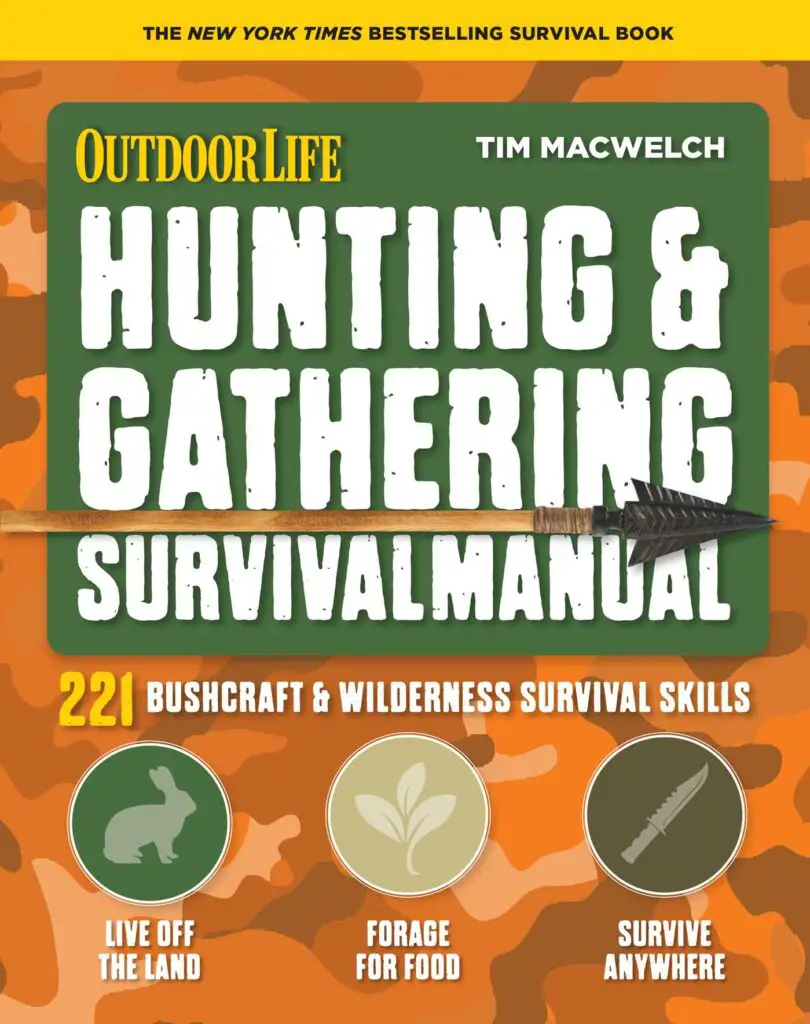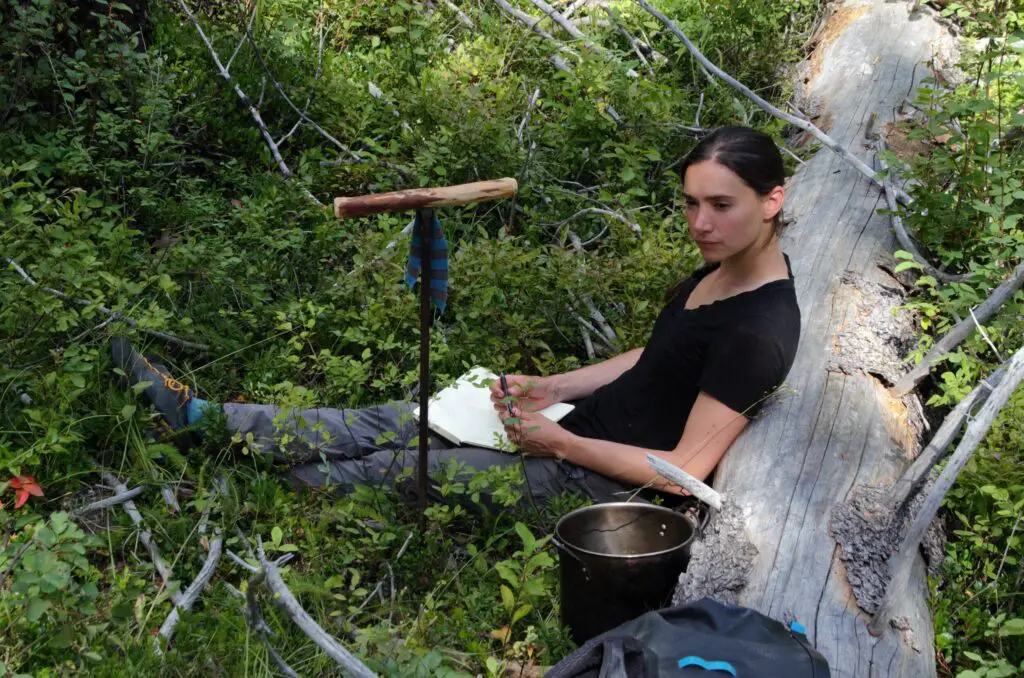Have you ever wanted to learn advanced foraging and hunting techniques in order to survive off the land?
If you find yourself in a survival situation where you need to rely on the resources around you to sustain yourself, knowing how to forage for food and hunt for game can be crucial to your survival. In this article, we will explore advanced foraging and hunting techniques that can help you thrive in the wilderness. Let’s dive into the world of self-sufficiency together!
Advanced Foraging Techniques
When it comes to foraging for food in the wild, being able to identify edible plants, berries, fungi, and other resources is essential. Here are some advanced foraging techniques that can help you find food in the wilderness:
Edible Plants
Knowing how to identify edible plants is a valuable skill that can provide you with a source of nutrition in the wild. Look for plant characteristics such as leaf shape, color, and texture to determine if they are safe to eat. Remember, when in doubt, it’s best to avoid eating a plant unless you are 100% certain of its safety.
Berries and Fruits
Wild berries and fruits can be a great source of essential vitamins and minerals. However, not all berries and fruits are safe to eat. Learn to distinguish between edible and poisonous berries by studying their appearance and taste. It’s always a good idea to start with small quantities when sampling new berries to avoid potential adverse reactions.
Mushrooms and Fungi
Foraging for mushrooms and fungi can be risky, as some varieties are highly toxic. It is essential to have a deep understanding of mushroom identification before consuming any wild fungi. Consider taking a course on mushroom foraging or consulting an expert mycologist to ensure safety.
Advanced Hunting Techniques
In a survival situation, being able to hunt for game can provide you with a valuable source of protein and sustenance. Here are some advanced hunting techniques to help you catch your next meal:
Tracking
Tracking is an essential skill for hunters who wish to locate and follow the trail of their prey. Look for signs such as footprints, droppings, fur, or feathers to track animals in the wild. Practice tracking in different terrains and weather conditions to hone your skills.
Trapping
Setting traps can be an effective way to catch game without expending significant energy. Learn how to construct various types of traps, such as snare traps, deadfall traps, and pit traps, to target different types of animals. Always check traps regularly to ensure ethical and humane hunting practices.
Bowhunting
Bowhunting requires precision and skill to successfully take down game animals. Practice using a bow and arrow to improve your accuracy and technique. Familiarize yourself with hunting regulations in your area to ensure compliance with legal requirements while bowhunting.

Sustainable Foraging and Hunting Practices
While foraging and hunting for food in the wild can be a gratifying experience, it is vital to prioritize sustainability and conservation. Here are some tips for practicing sustainable foraging and hunting techniques:
Leave No Trace
When foraging and hunting in natural environments, always adhere to the principles of “Leave No Trace.” Minimize your impact on the ecosystem by respecting wildlife, plants, and natural resources. Dispose of waste properly and avoid damaging the environment while foraging and hunting.
Harvest Responsibly
Practice responsible harvesting by only taking what you need and can use effectively. Avoid overharvesting edible plants, berries, and game animals to help maintain ecological balance. Respect local regulations and seasons for foraging and hunting to support sustainable practices.
Support Conservation Efforts
Get involved in conservation initiatives and support organizations that promote wildlife conservation and habitat protection. By actively participating in conservation efforts, you can contribute to preserving natural ecosystems for future generations and sustainable foraging and hunting opportunities.

Conclusion
Surviving off the land through advanced foraging and hunting techniques requires knowledge, skill, and dedication. By mastering the art of identifying edible plants, berries, fungi, and game animals, you can increase your chances of thriving in the wilderness. Remember to prioritize sustainability, ethical hunting practices, and conservation efforts to protect the environment and ensure the availability of natural resources for years to come. Start honing your foraging and hunting skills today and embrace the self-sufficiency of surviving off the land!


